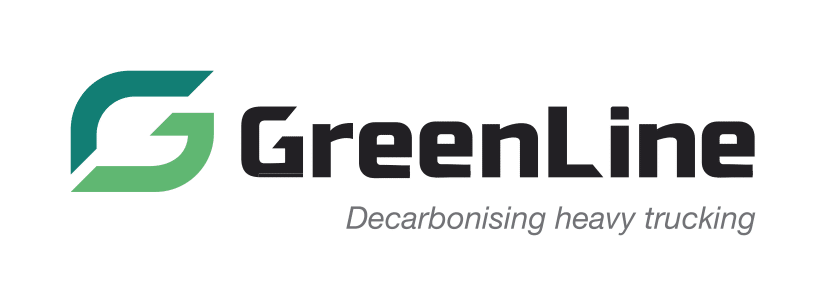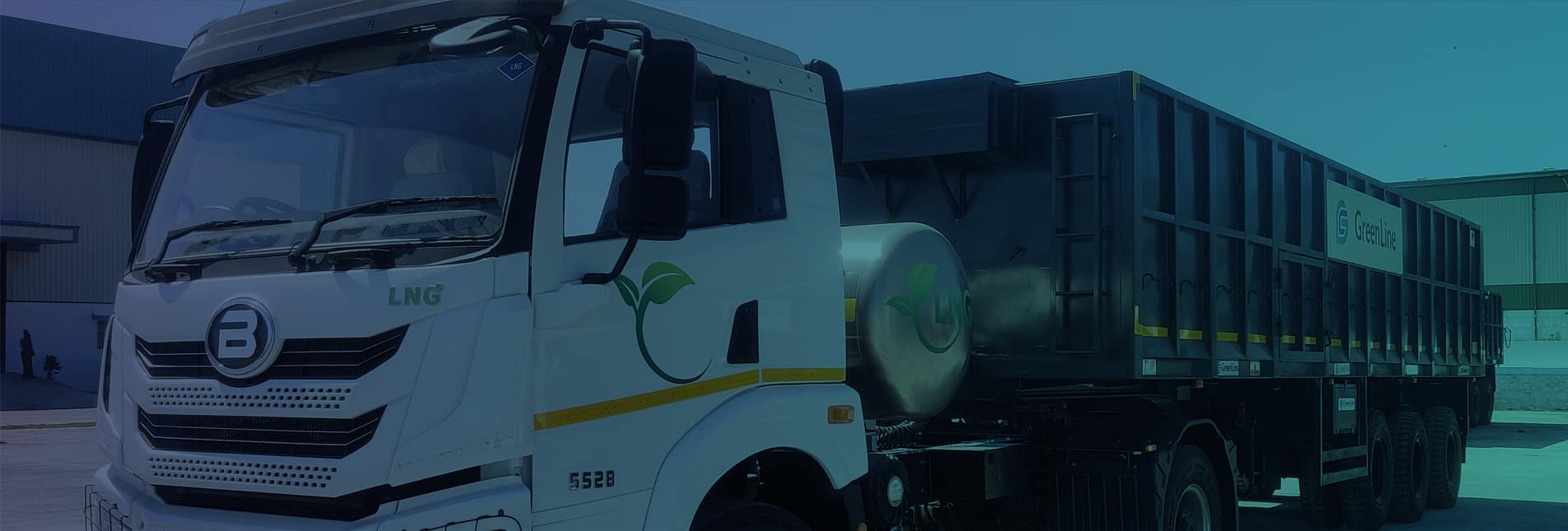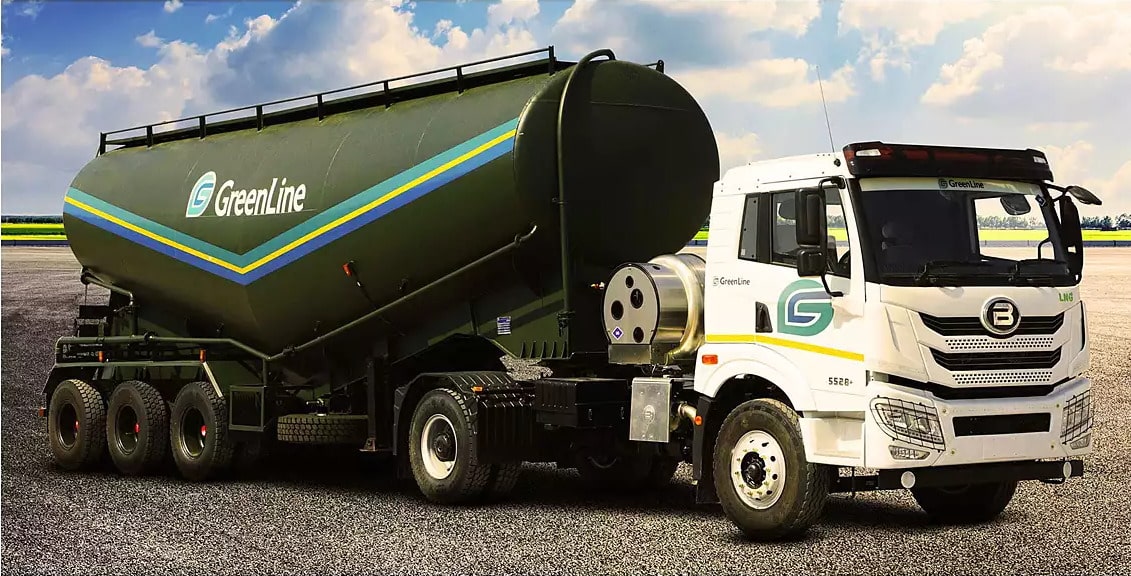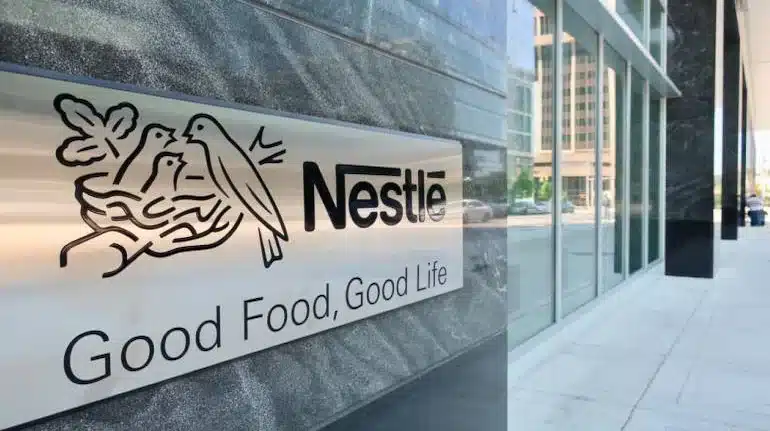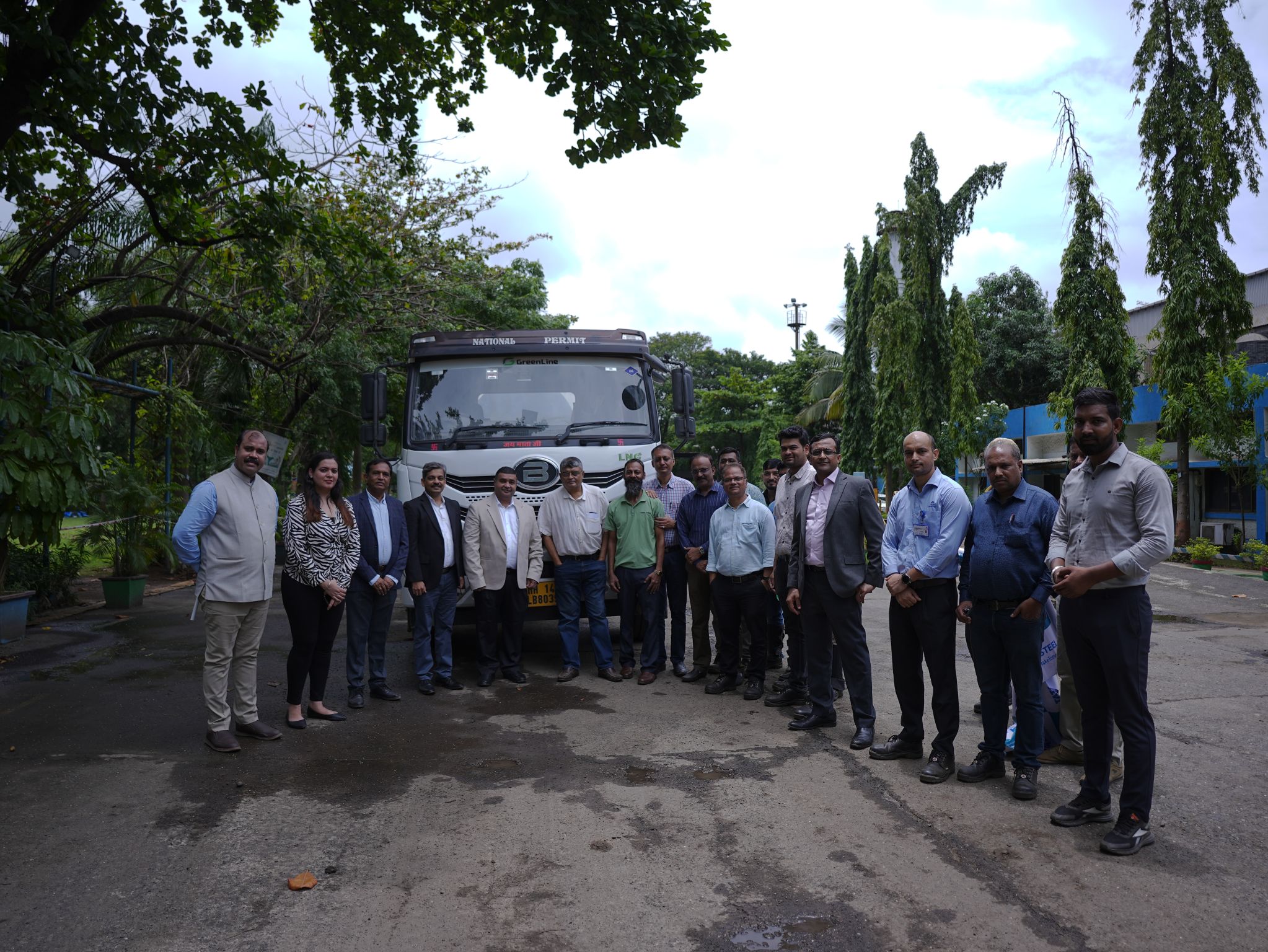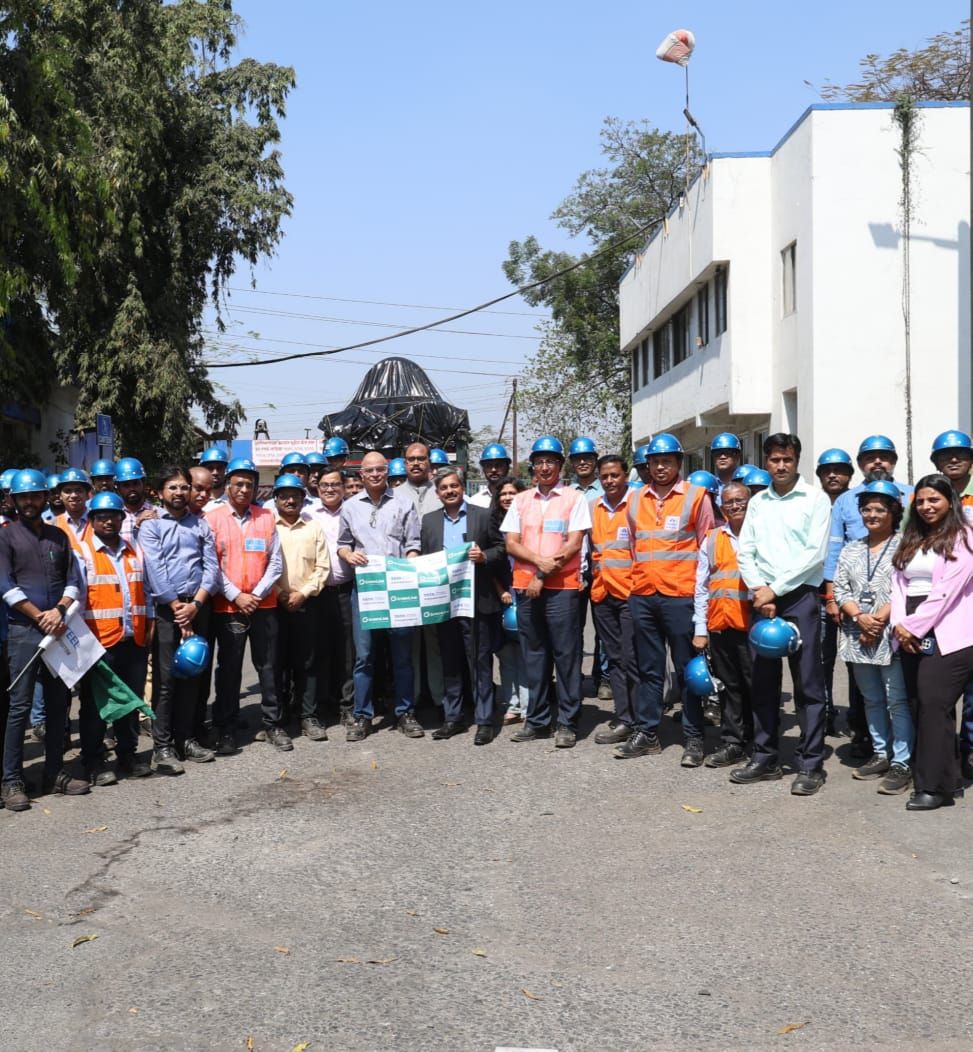Overcoming Challenges In LNG Heavy Trucking: GreenLine Mobility
GreenLine Mobility has made considerable strides in addressing the operational challenges of using Liquefied Natural Gas (LNG) in heavy trucking. The recently held SIAM ‘Viksit Bharat’ Conference also highlighted the increased use of LNG in the transport sector. Recognising the complexities involved in vehicle maintenance and driver training, the company has implemented a comprehensive approach to ensure the safety and reliability of LNG as a fuel, particularly given the diverse climatic conditions and terrains across India.
Vehicle Maintenance & Driver Training
One key strategy GreenLine employs to tackle the operational challenges of LNG trucking is the signing of an Annual Maintenance Contract (AMC) with Blue Energy Motors. This partnership is crucial in ensuring maintenance is carried out by experienced professionals who understand the intricacies of LNG engines. In addition to the AMC, GreenLine has established a dedicated maintenance team at all operational locations, further reinforcing its commitment to the upkeep of its LNG fleet.
Driver training is another cornerstone of GreenLine’s strategy. Operating and handling LNG trucks require specialised knowledge, and GreenLine ensures its drivers are well-prepared through a rigorous training programme. This training covers various aspects such as refuelling procedures, understanding LNG fuel gauges, and safe driving practices tailored specifically for LNG vehicles. By equipping drivers with this knowledge, GreenLine mitigates risks associated with improper handling and usage of LNG trucks.
Emergency response protocols are also a critical component of the driver training programme. These protocols are designed to ensure swift and effective actions in case of potential leaks or malfunctions, enhancing overall safety. Drivers are trained in eco-driving techniques to optimise fuel usage, which improves fuel efficiency compared to diesel trucks.
Regular inspections and preventive maintenance practices are integral to GreenLine’s operations. By conducting thorough vehicle health diagnostics, the company can identify and address potential issues before they escalate, thereby minimising risks associated with LNG usage. It is also important to note that LNG engines are designed to be all-weather friendly, ensuring reliability and safety across India’s varied climatic conditions and terrains.
Navigating Regulatory Landscapes
GreenLine’s strategic approach to navigating India’s regulatory landscape concerning alternative fuels is aligned with its commitment to sustainable transportation. The company recognises supportive initiatives like the National Policy on Biofuels and the SATAT initiative, highlighting the government’s focus on cleaner fuels such as LNG. However, some challenges need to be addressed. The absence of tax benefits for purchasing LNG-powered Heavy Commercial Vehicles (HCVs) and the lack of rebates on LNG itself are significant obstacles that hinder widespread adoption.
These policy changes would not only benefit GreenLine but also catalyse a broader transformation within the transportation sector towards greener and more sustainable practices.
LNG Trucks vs Diesel Trucks
When comparing the costs of operating LNG trucks to traditional diesel trucks, several factors underscore the advantages of LNG. In terms of fuel consumption, LNG is approximately 10% more efficient than diesel, which translates to substantial long-term savings despite price fluctuations. While LNG engines may require higher maintenance and upfront costs than their diesel counterparts, the overall lifecycle cost benefits outweigh these drawbacks.
Government incentives, including tax breaks and subsidies, play a crucial role in making LNG trucks more cost-competitive with diesel alternatives. Additionally, the environmental benefits of LNG, including reduced emissions, contribute to cleaner air and promote sustainability in transportation. This cost comparison highlights the economic and environmental advantages of transitioning to LNG trucks for a more efficient and sustainable transportation sector.
Beyond LNG
One promising avenue being explored is the integration of Electric Vehicles (EVs) for short-haul applications. EVs offer significant environmental benefits, such as zero tailpipe emissions and reduced noise pollution, compared to traditional diesel trucks.
By incorporating EVs into its fleet for specific short-haul routes, GreenLine aims to capitalise on these environmental advantages while optimising its overall logistics network. The company believes that the future of transportation will involve a combination of innovative solutions, highlighting its dedication to providing sustainable mobility options for its clients.
